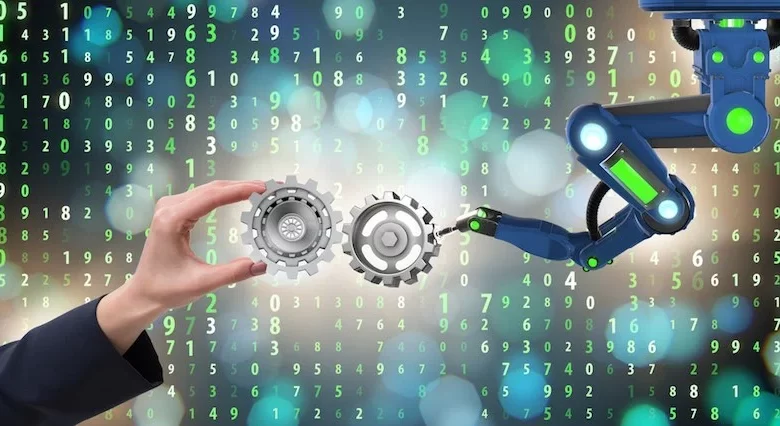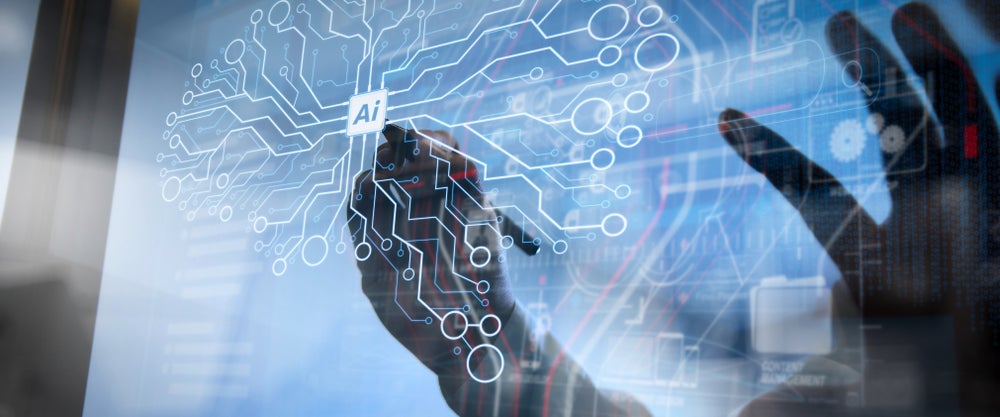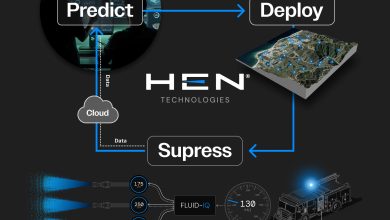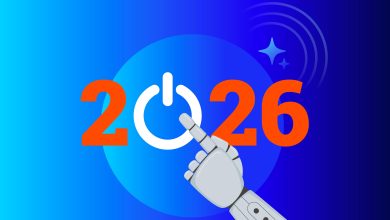
In the constantly changing world of contemporary marketing, the approaches based on big data and Artificial Intelligence are considered to be revolutionary, capable of altering the ways companies interact with audiences and reach their goals.
This article focuses on integrating artificial intelligence and data analysis to provide marketers with deeper insights for enhancing their customer experiences and campaign outcomes.
This article explores current AI trends in marketing, specifically within the life sciences and biotech sectors, and how specialized agencies are leveraging these trends to drive growth.
The Role of AI in Modern Marketing
AI is making great changes in numerous fields, and b2b marketing agency is not an exception to it. Marketers can use AI to analyze large amounts of data to uncover insights and make forecasts about customer behavior.
In the context of LSMC and biotech marketing, AI is particularly valuable due to the niche nature of these markets, which demand detailed analysis.
Personalization at Scale
A major strength of AI in marketing is the capability to deliver highly targeted experiences at a large level. The example is life science marketing agencies can apply AI algorithms for the division of audience based on attributes like demographic data, site history, and others.
This way, they can develop and execute campaigns that are very close to the intended market and hence have a high probability of influencing the target prospects into becoming buyers.
Predictive Analytics
Compared to other strategies, AI in predictive analytics can think ahead of the customer behaviors that will likely occur in the future, allowing marketers to be more proactive with their strategies.
For biotech marketing companies, this means that the firm should be in a good position to predict the market, value new opportunities, and be prepared for competition. Therefore, leveraging data analysis and current market assessments enables these companies to make AI-assisted decisions that enhance their marketing efficiency.
Automated Campaigns
Using AI automation tools, different processes within marketing are improved, including content creation, to campaign management. BI Marketing agencies and the biotech ones in particular should integrate AI for automation of repetitive tasks that consume much time thus providing room for strategists and creative minds to work.
It also means consistency and accurate timing, which in turn are extremely important when addressing an audience that is predominantly scientific and has a high expectation level.
AI Strategies for Life Science and Biotech Marketing
Marketing products in the life science and biotech industries requires a highly professional and technical approach, especially when engaging with knowledgeable clients. The following are some of the more specific approaches that are likely to do well in such sectors
- Content Personalization: It is crucial to focus on presenting personalized content to target interested readers, including scientists who value detailed and relevant information. The given option makes use of AI capabilities to determine the user tendencies and subsequently, show them materials of their interests.
- Enhanced Customer Insights: Customer needs and pains are critical to any marketing effort; hence, they should be well understood. The use of technological applications can improve the understanding of customer attitudes and preferences based on text analysis of the words used in customers’ feedback, conversations on social media platforms, etc.
- Chatbots and Virtual Assistants: It can support or guide a potential customer right from their phone immediately. These tools can enhance the customer experience for B2B digital marketing agencies in life sciences by providing quicker responses, navigating information effectively, and improving interaction.
The Future of AI in Marketing
As AI technology advances, we can anticipate more sophisticated applications in the field of marketing. Below is a list of some of the trends that one is likely to witness in the subsequent years.
Advanced Personalization
Subsequently, AI will help to reach even more nuanced levels of customer tuning; providing real-time user data and/or predicted content. In the context of life science and biotech marketing, this implies the ability to share information and make suggestions relevant to the customer’s requirements in a highly specific and timely manner.
Integrated Marketing Platforms
Marketing automation through AI will become possible through the coherent interconnection of different marketing processes and tools, ranging from analytics to campaigns.
Marketing agencies specifically those for business-to-business markets will also gain from these platforms resulting in a better perception of their marketing activities and consequently, reasonable conclusion-making skills credited to strategic data analysis.
AI-Driven Creativity
Although the use of AI is connected with the analysis of data, AI’s function is also increasing in creativity-related tasks. Content creation, graphic design, and even video creation can be made easier by these AI tools helping marketers create improved and numerous creative assets.
This is especially applicable to biotech marketing companies, which often require detailed and graphical explanations to illustrate the science behind their products.
Conclusion
AI solutions based on data have become the virtual driving force of contemporary marketing indicated by the promise of personalization, analytical forecasts, and automation.
These technologies empower life science and biotech companies with the tools they need to navigate their industries and establish meaningful connections with their target audience.
As AI technology develops, so does the application of AI in marketing, which will lead to progressive results and improvements in the effectiveness of marketing strategies in all types of businesses.
Thus, AI has become a crucial component of successful marketing campaigns for companies utilizing the services of life science or B2B digital marketing agencies.
FAQs
How will AI advance the targeting of marketing efforts that are tailored to consumers?
One of AI’s many strengths is its capability to parse large amounts of data and make sense of customers’ behaviors and preferences in order to target them more effectively. This enhances interest and makes it easier for a business to make its visitors make a desired action, such as a purchase. In the field of LSP & Biotech marketing, customer campaigns are useful in targeting the need and interest of a technical consumer.
Next, it is necessary to highlight the advantages of employing AI-based predictive analytics in marketing processes.
With the help of predictive analytics based on machine learning, it is possible to predict future trends and behaviors of customers. Such a strategy helps to prevent a reactive response to consumer needs and help a company notice new trends in the market.
In what ways does the use of AI chatbots further customer support in marketing?
AI chatbots give quick and correct answers to customers’ questions and can enhance the general experience. It performs simple tasks, thus leaving the human employees to deal with complicated cases. They tended to be extremely responsive and quite proactive in resolving difficulties; it results in better productivity and gratified clients which is well appreciated in complex science based sectors such as life sciences and biotechnology.





